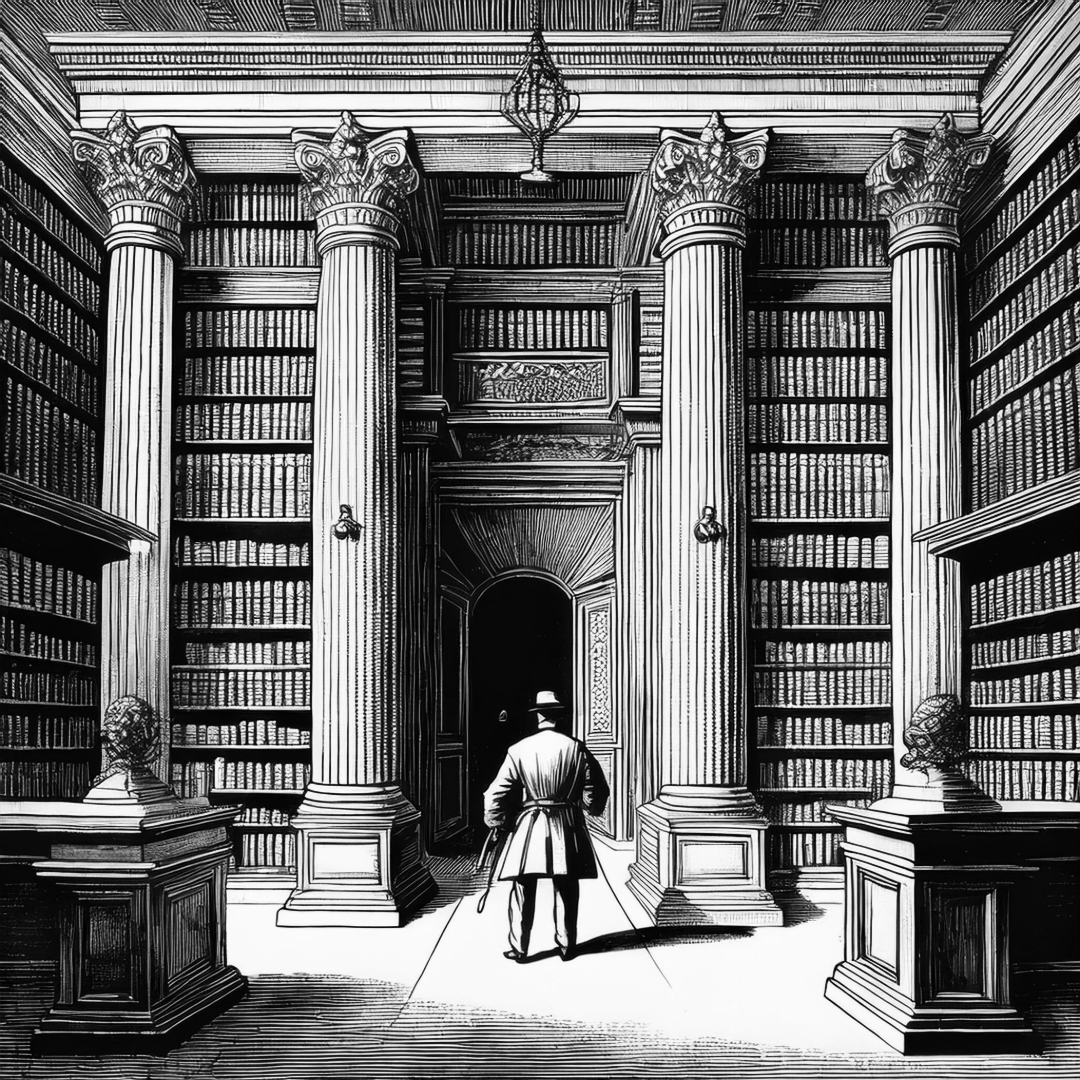PRATTVILLE, Ala. — Recent developments at the Autauga-Prattville Public Library have amplified concerns about censorship and targeted attacks on LGBTQ+ representation in Alabama’s public libraries. The Prattville City Council’s appointment of Doug Darr and Donnie Bethel to the library’s Board of Trustees is the latest flashpoint in a broader statewide push to restrict access to books and materials addressing LGBTQ+ topics.
The council’s decision, finalized in a contentious 5-2 vote in mid-December, underscores the ongoing political battles over the role of public libraries in curating content. Darr, reappointed after playing a significant role in introducing stricter content review policies during his previous tenure, has been a divisive figure. His leadership coincided with policy changes that many critics say disproportionately targeted materials related to LGBTQ+ themes, sparking outrage among advocates for intellectual freedom.
Bethel’s appointment has similarly raised red flags. His connection to Clean Up Alabama, a group that has advocated for removing books they deem “inappropriate,” has fueled fears that his presence on the board will lead to increased censorship. Opponents argue that these moves are part of a coordinated effort to erase LGBTQ+ voices and stories from public spaces.
This situation mirrors broader trends across Alabama, where libraries have increasingly become battlegrounds in the culture wars. In Huntsville, the public library faced similar scrutiny earlier this year, with books featuring LGBTQ+ characters subjected to heightened review processes. Advocacy groups warn that these policies create a chilling effect, discouraging libraries from stocking diverse materials out of fear of political backlash.
In Prattville, these debates came to a head earlier this year when the library board implemented policies allowing for the removal of books deemed “inappropriate” by board members. The policies have drawn legal challenges, with plaintiffs arguing that such measures violate First Amendment rights and disproportionately target marginalized communities.
Supporters of the new appointments claim the changes are necessary to protect children from content they find objectionable. However, critics point out that the overwhelming majority of the challenged books focus on LGBTQ+ identities or issues, exposing what they say is a discriminatory agenda masked as concern for community standards.
The broader implications of these efforts are not lost on residents and advocates. Public libraries, long seen as spaces for free expression and access to information, are increasingly under siege by groups seeking to impose ideological control over what materials are available. In Alabama, the stakes are particularly high, as these debates unfold against a backdrop of broader legislative attacks on LGBTQ+ rights.
As 2025 begins, the Autauga-Prattville Public Library stands as a microcosm of the national conversation about censorship, representation, and the role of public institutions in a pluralistic society. For many, the actions of the library board reflect not just a local issue, but a fundamental challenge to the principles of intellectual freedom and equality.

